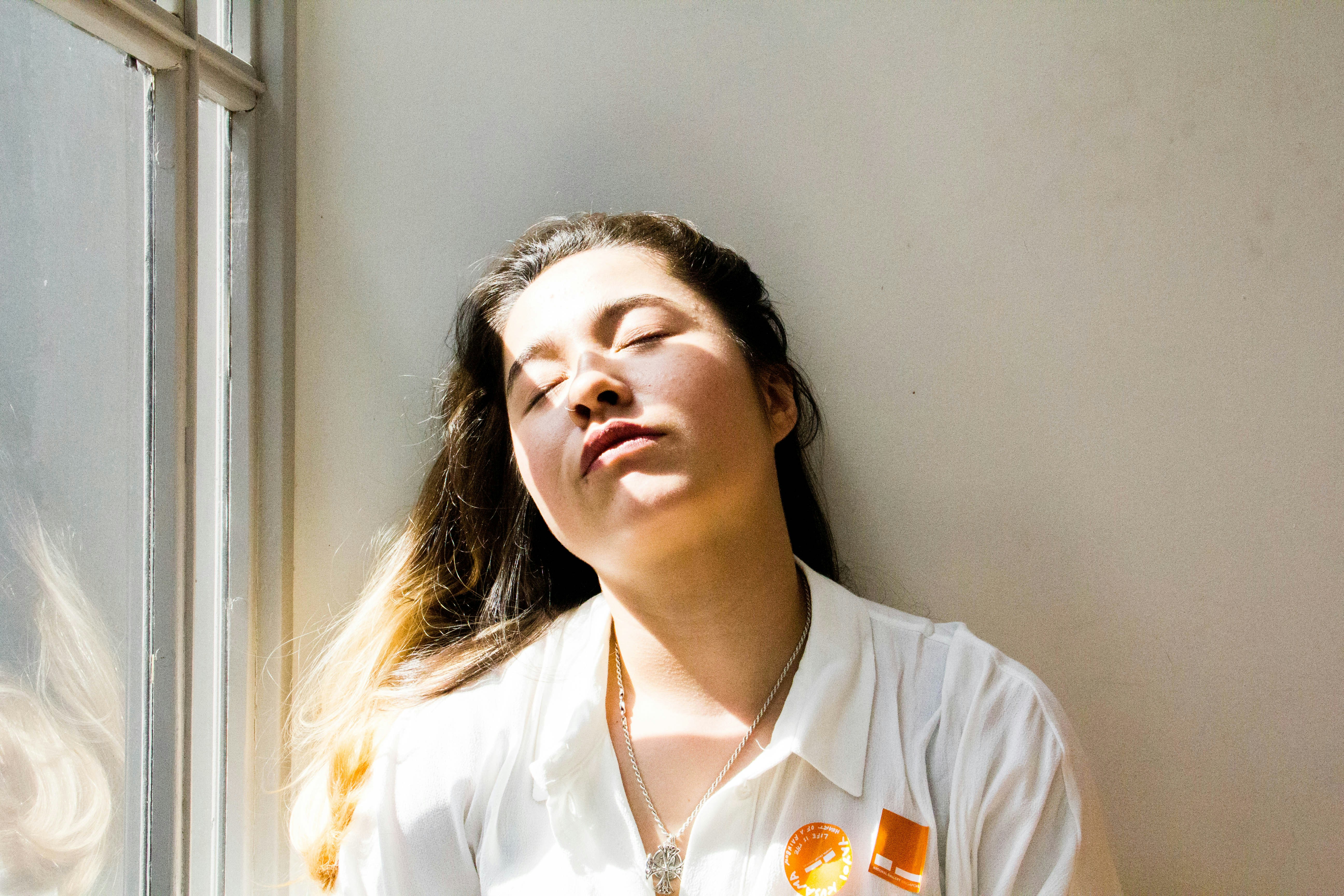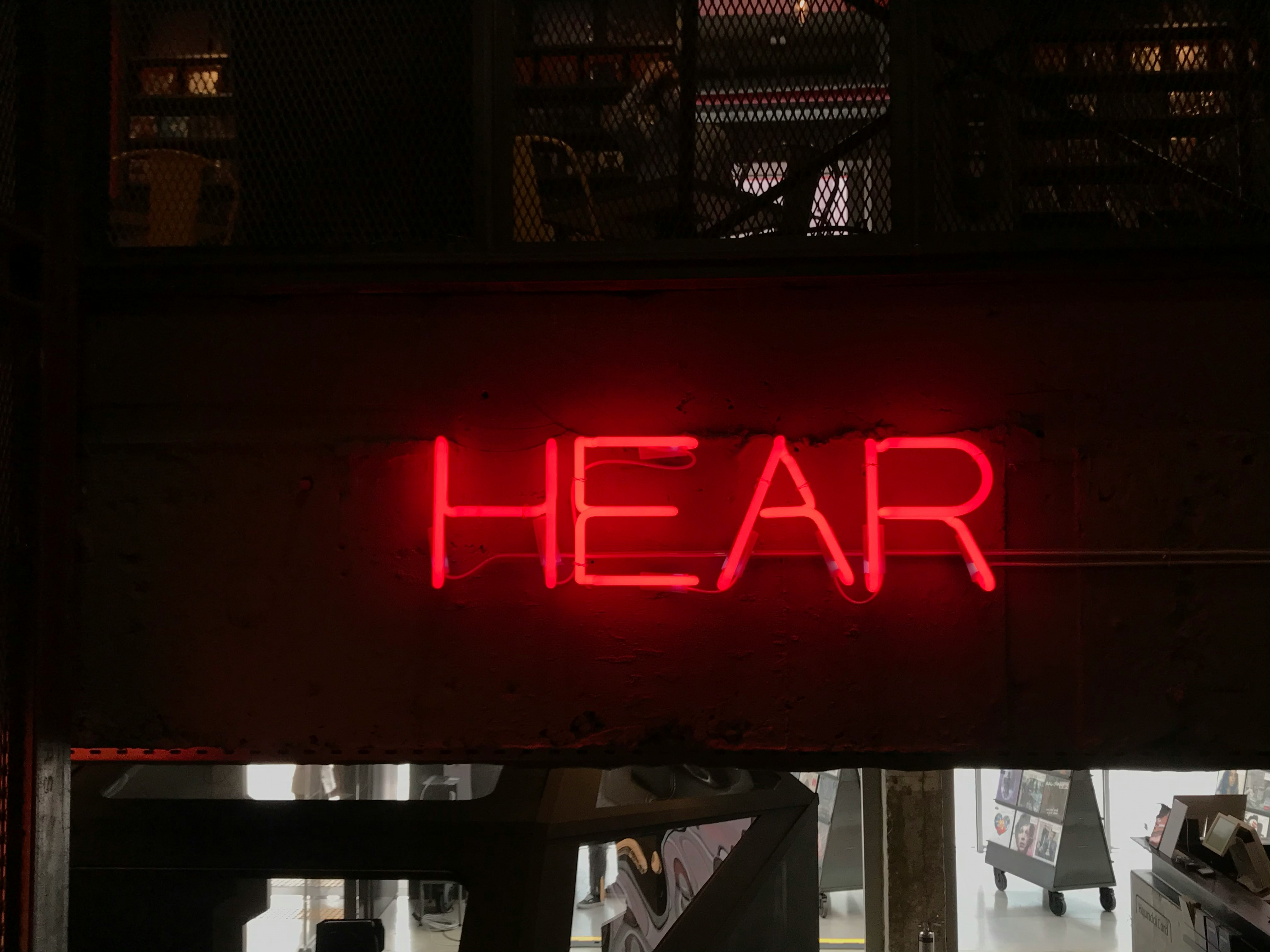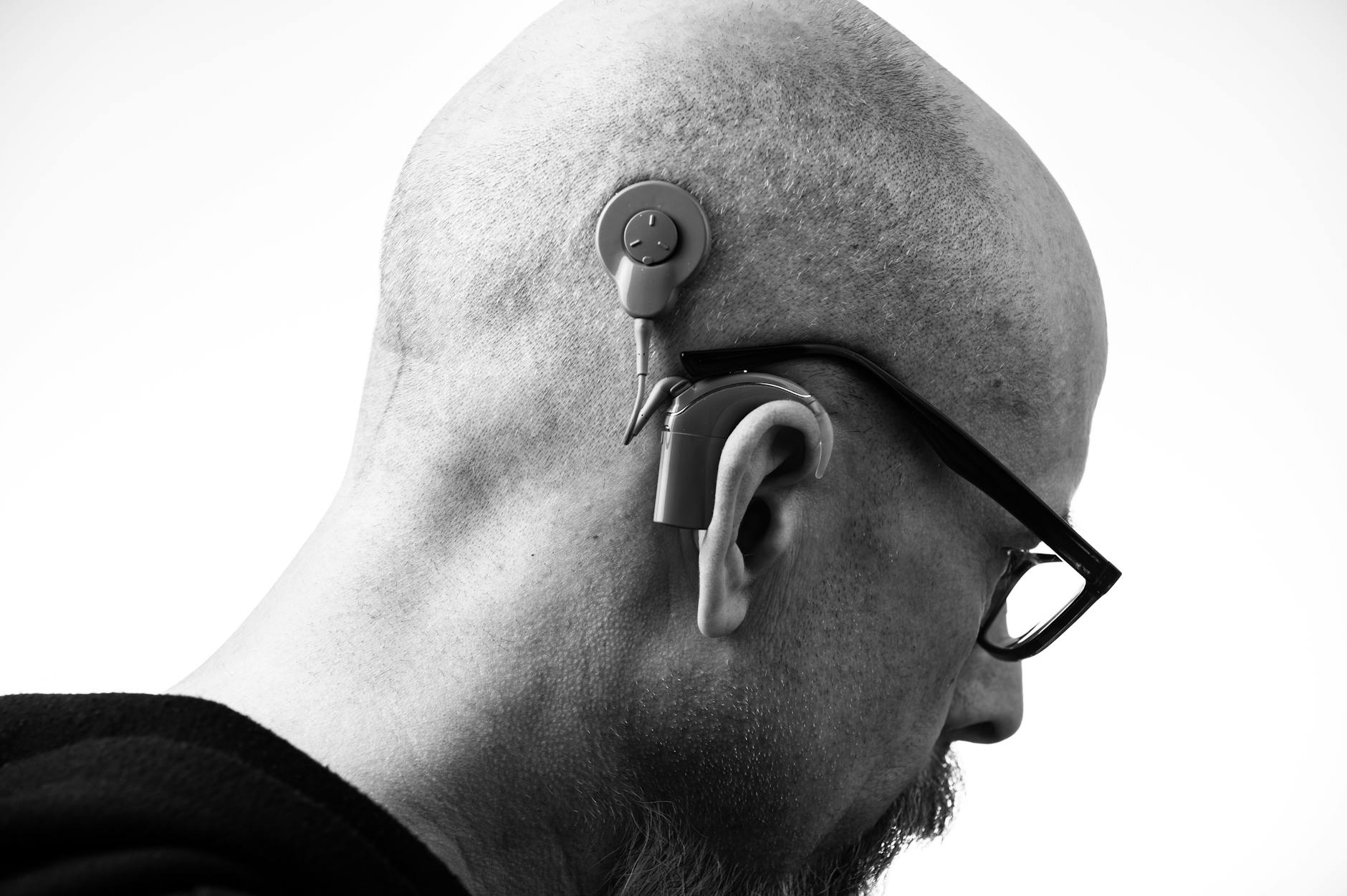Lede: Struggling with morning tinnitus, new hearing aid fatigue, or snoring that rattles the windows? Your sleep—and your inner clock—may be whispering key clues about your hearing. Let’s unpack the science and turn it into real-world steps you can use tonight.
The quick take
- Poor sleep and sleep apnea are linked with higher odds of hearing problems and louder, more distressing tinnitus.
- Your inner ear follows a daily rhythm. Time of day can influence how your ears respond to noise and stress.
- Improving sleep can sharpen listening, reduce tinnitus burden, and even make hearing aids easier to adapt to.
We’ll keep this evidence-based and practical. If something here rings true, consider a chat with an audiologist or sleep professional—teaming up often helps most.
How sleep connects to hearing: the science in plain language
1) Oxygen, blood flow, and the cochlea
Obstructive sleep apnea (OSA) causes repeated pauses in breathing overnight. Each pause means brief dips in oxygen and surges of stress chemicals. Your inner ear—the cochlea—relies on a steady trickle of oxygen-rich blood to keep delicate hair cells and synapses working. Repeated low-oxygen events can increase oxidative stress and strain tiny blood vessels, potentially nudging hearing in the wrong direction over time.
2) The brain’s listening network needs sleep
Hearing is a team sport between your ears and your brain. Deep sleep and REM stabilize attention, working memory, and auditory processing. Skimp on sleep and your brain has fewer resources to separate speech from noise, remember details, and ignore distractions. Many people with “normal” hearing tests still report worse listening on days after poor sleep.
3) The circadian cochlea
Your ear has a body clock. Animal and lab studies show the inner ear follows daily cycles that influence how it responds to sound and stress hormones. This might help explain why some people report more tinnitus buzz in the quiet of the night or greater sound sensitivity at certain times. It also hints that timing noise exposure, medication, or therapy could matter.
4) Tinnitus and the insomnia loop
Tinnitus can make it hard to fall asleep. Poor sleep, in turn, boosts the brain’s “threat” response, making tinnitus feel louder and more intrusive the next day. Breaking this loop—often with sound enrichment and better sleep routines—reduces the distress for many people, even when the tinnitus sound itself doesn’t vanish.
What the research says (highlights)
- Population studies link snoring and obstructive sleep apnea with higher odds of hearing loss, especially at high frequencies and in noise-heavy settings.
- People with chronic insomnia report more severe tinnitus distress on average; improved sleep quality often lowers tinnitus handicap scores.
- Sleep deprivation and fragmented sleep impair speech-in-noise understanding and attention—effects you can feel even with an otherwise normal audiogram.
- Animal research suggests the inner ear’s daily rhythms can change its vulnerability to loud sound and stress hormones. Translation to humans is ongoing but compelling.
- CPAP (continuous positive airway pressure) can normalize oxygen levels in OSA. Early studies suggest it may help some individuals feel sharper during the day and reduce tinnitus distress, though it’s not a guaranteed hearing “fix.”
Bottom line: Sleep isn’t a cure-all, but it’s a powerful lever for how you hear and how you feel about what you hear.
What this means for you
If you snore or wake unrefreshed
- OSA screening is smart—especially if you also notice hearing struggles, morning headaches, or daytime sleepiness.
- Addressing apnea may help protect your overall health (heart, brain, mood), which indirectly supports hearing resilience.
If tinnitus gets louder at night or first thing in the morning
- Focus on sleep quality and gentle sound enrichment at bedtime. A calmer nervous system makes tinnitus much easier to live with.
- Small improvements in sleep often create big wins in tinnitus distress.
If you’re adapting to new hearing aids
- Good sleep accelerates brain adaptation. Expect easier listening and less “listening fatigue” as sleep improves.
- Dry mouth or nasal congestion from CPAP? Ask your sleep clinician about humidification; comfort matters for all-day listening energy.
Build a sleep-smart hearing routine
Step 1: Audit your nights (one week)
- Each morning, rate: sleep quality (1–10), tinnitus loudness (1–10), and listening effort the next day (1–10). Patterns show up fast.
- Note snoring, gasping, frequent awakenings, or a dry mouth upon waking—classic OSA clues to mention to a clinician.
Step 2: Create a hearing-friendly wind-down
- Keep evenings a little quieter. Your ears and brain are winding down; less stimulation helps.
- Use sound enrichment if silence triggers tinnitus: a fan, pink noise, soft nature audio, or a bedside speaker. Keep volume low—just enough to blend with the tinnitus.
- Dim lights 60–90 minutes before bed to align your body clock. Screens on “night mode” help, but real dimming is better.
Step 3: Time your noise
- When possible, schedule loud tasks (mowing, power tools) earlier in the day, not late at night. Your inner ear may handle stressors differently across the 24-hour cycle.
- Always wear hearing protection for loud activities. Keep earplugs on your keychain or with your tools.
Step 4: Support oxygen and circulation
- Side-sleeping can reduce snoring for some. A positional pillow or gentle chin strap may help—ask a sleep professional for guidance.
- If you use CPAP, optimize fit and humidification to prevent dryness and improve comfort. Comfortable CPAP use supports consistent oxygen overnight.
Step 5: Consider the “sleep + sound” toolkit
- Sound machine or phone app with a timer and no earbuds overnight (safer for ears and less tangling).
- Relaxation techniques: paced breathing, brief body scan, or a short, calm podcast with a sleep timer.
- Caffeine cut-off: 6–8 hours before bed. Alcohol can fragment sleep and spike tinnitus next morning for some people.
Note: Supplements like melatonin can help some with sleep onset. Responses vary, and melatonin may interact with medications. Discuss with your clinician before starting anything new.
Special notes for hearing aid users
- Wear time matters: consistent daytime use helps your brain adapt, making listening feel easier and less tiring—especially after a good night’s sleep.
- Night storage: remove aids before sleep, open battery doors (or place on the charger), and use a drying box if humidity is high or if you use CPAP.
- Morning routine: put aids in after you’re up and moving. If tinnitus is loud on waking, try 5–10 minutes of sound enrichment before insertion.
- If you notice ear dryness or congestion with CPAP, mention it to your sleep clinician. A humidifier or mask adjustment often solves it.
When to seek help
- Loud snoring, choking/gasping at night, or daytime sleepiness. Ask your primary care provider about sleep apnea evaluation.
- New hearing difficulty, trouble understanding speech in noise, or persistent tinnitus. Book a hearing test with an audiologist.
- Sleep anxiety or a racing mind at bedtime. Cognitive behavioral therapy for insomnia (CBT-I) is highly effective and drug-free.
Hearing care and sleep care make a strong team. Many clinics can coordinate referrals so you don’t have to play go-between.
Myth-busting
- “Earplugs fix sleep.” They block sound, but they can also make tinnitus more noticeable in a silent room. Use them for true noise problems (e.g., a snoring partner) and combine with sound enrichment when needed.
- “CPAP cures hearing loss.” CPAP supports oxygen and may improve daytime clarity and reduce tinnitus distress for some, but it isn’t a direct cure for damaged hair cells.
- “If I sleep less, I’ll get used to it.” The brain doesn’t “adapt” to chronic sleep loss; listening generally gets harder. Protect your sleep like you protect your ears.
Try these two mini-experiments
Sleep-tinnitus tracker
For 14 days, track bedtime, wake time, sleep quality (1–10), and tinnitus loudness on waking and midday. See which habits (screens, late meals, exercise timing) push scores up or down.
Speech-in-noise self-check
On two well-rested days and two sleep-deprived days, try the same speech-in-noise test in a reputable app or website. Notice any pattern in concentration and accuracy. Share your observations with your audiologist.
The gentle nudge
If you checked several boxes for snoring, poor sleep, and hearing struggles, don’t go it alone. An audiologist can measure your hearing—including high frequencies if appropriate—and a sleep clinician can evaluate for apnea or insomnia. Small tweaks in both realms can make conversations feel easier and tinnitus feel smaller.
Key takeaways
- Sleep quality, sleep apnea, and your body clock influence how you hear, how hard you work to listen, and how much tinnitus bothers you.
- Protect sleep like a health vital: quieter evenings, sound enrichment when needed, and professional support for snoring or insomnia.
- Better sleep often equals better listening—especially with hearing aids.
Further Reading
- Your Heart, Your Hearing: The Cardiometabolic Link You Can’t Afford to Ignore (Research) - Long COVID and Your Hearing: What We Know (and What to Do Next) (Research) - Your Medicine, Your Ears: Preventing Drug‑Induced Hearing Loss (Hearing Loss) - When Noise Meets Chemicals: The Overlooked Combo That Damages Hearing (Research)Frequently Asked Questions
Can CPAP improve my hearing or tinnitus?
CPAP treats obstructive sleep apnea by stabilizing oxygen levels and reducing arousals. Many people report clearer daytime thinking and less tinnitus distress after consistent CPAP use, but CPAP is not a direct cure for hearing loss. Think of it as supporting the whole system—brain, blood flow, and attention—which can make listening feel easier.
Should I sleep with earplugs if my partner snores?
Earplugs can reduce snoring noise and help you fall asleep, but they may make tinnitus more noticeable in a very quiet room. Try soft earplugs plus gentle sound enrichment (fan, pink noise) so your brain doesn’t fixate on the tinnitus. Also consider encouraging your partner to discuss snoring or possible sleep apnea with a clinician.
Is melatonin safe if I have tinnitus?
Melatonin can help some people fall asleep and may reduce tinnitus-related sleep difficulty for a subset of users. It’s not a tinnitus cure, and responses vary. Melatonin can interact with other medications and is not right for everyone. Talk with your healthcare provider before starting any supplement.
Why is my tinnitus louder at night?
At night, external sound drops and your attention turns inward, so the brain notices internal sounds more. Stress and fatigue also increase the brain’s threat response, which can make tinnitus feel louder. Gentle sound enrichment and a calming wind-down routine often help.



